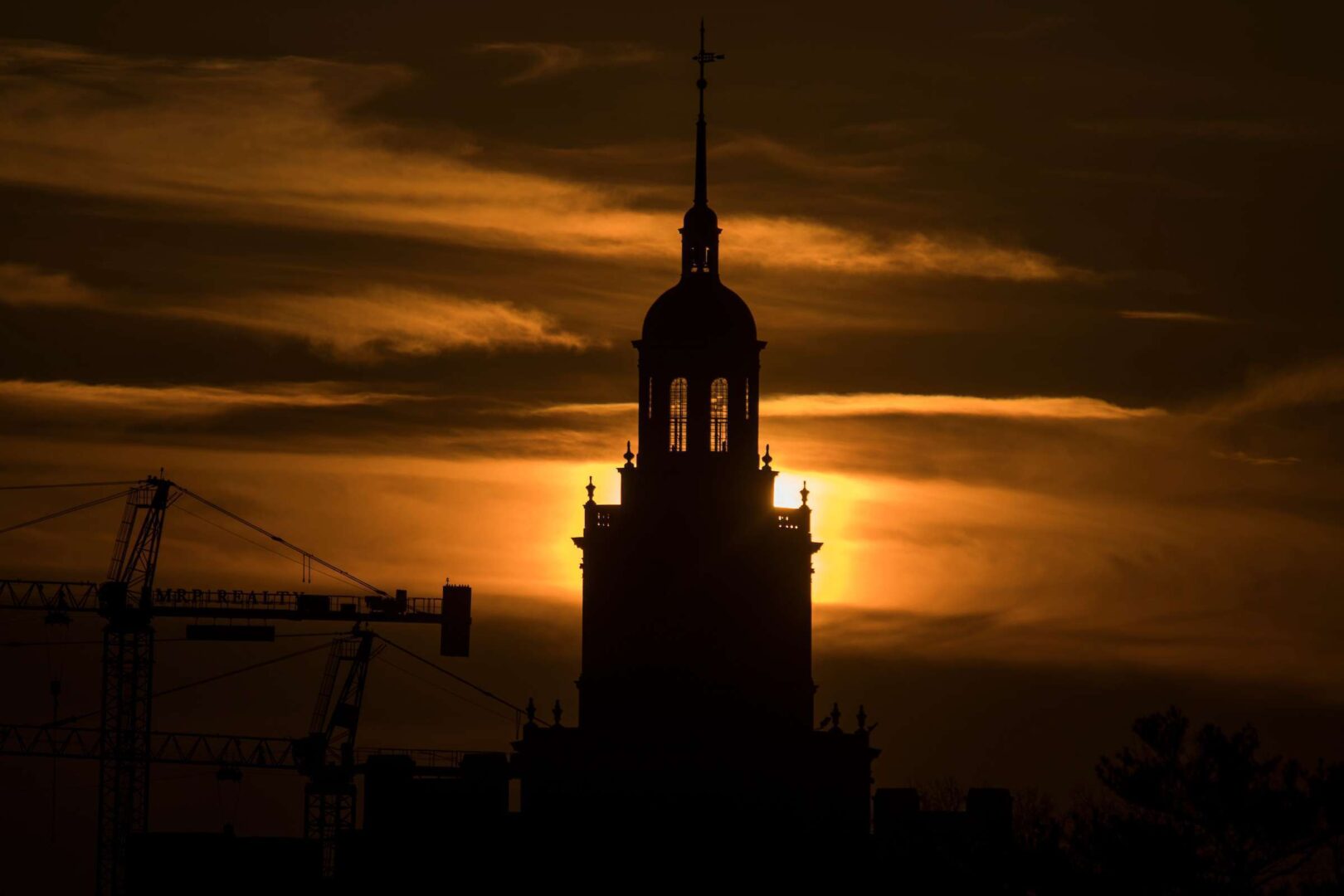By Niels Lesniewski and Todd Ruger
Senate Democrats have chosen a significant venue for their annual issues conference: Howard University, with headline remarks — that are closed to the press — from President Joe Biden expected Wednesday evening.
The Democrats will visit the landmark historically Black university in Washington at a time when HBCUs nationwide have faced a series of extremist bomb threats.
Sen. Chris Coons, D-Del., a co-chair of the bipartisan HBCU caucus, praised the venue choice in a statement to CQ Roll Call.
“HBCUs across the country are critical engines of our nation’s economy and social fabric, and Howard University is a cornerstone institution in our nation’s Capital, with alumni who span business leaders, the Vice President of the United States, and members of my own team,” Coons said. “The university will be an excellent reminder throughout Wednesday’s retreat of the need to reinvest in institutions that open doors for those who have been historically excluded, as well to take steps to address the repeated threats of violence HBCUs have faced in recent months.”
Howard’s alumni include Vice President Kamala Harris, as Coons noted, as well as the late Supreme Court Justice Thurgood Marshall, former Democratic Rep. Andrew Young of Georgia, the late Nobel-Prize-winning author Toni Morrison, singer Roberta Flack and Smithsonian Institution Secretary Lonnie Bunch.
For Senate Democrats, the retreats are not meant to be spectacles. The caucus usually doesn’t travel far from the Capitol, and the media are generally excluded.
But the choice of venue provides a symbol of Democrats’ attention to areas of concern to the party’s most loyal voting bloc: Black voters. Biden made history last month with his nomination of Judge Ketanji Brown Jackson to be the first Black woman on the Supreme Court, and Jackson continued to make the rounds in the Senate on Tuesday in preparation for her confirmation hearings, which start the week of March 21 before the Senate Judiciary Committee.
And much of this week has seen a focus on addressing issues related to HBCUs, whether it be their funding or violent threats they have recently faced.
The House spent part of Tuesday debating and voting on a concurrent resolution from North Carolina Democratic Rep. Alma Adams that would condemn violent threats against historically Black colleges and universities.
“Our HBCUs — their faculty, their staff and, especially, their students — are strong,” Adams said on the House floor. “They are resilient and brilliant. Paragons of academic excellence. But they shouldn’t have to respond to threats and secure their campuses on shoestring budgets.”
House members voted, 418-0, to adopt the resolution.
“While today’s resolution rightly condemns these cowardly acts of violence against our hallowed institutions, Congress must continue to respond with action — and legislation,” said Adams, founder and co-chair of the HBCU caucus.
On Monday, Adams joined with House Education and Labor Chair Robert C. Scott, D-Va., as well as Education Secretary Miguel Cardona and White House senior adviser Gene Sperling in announcing state-by-state funding for colleges and universities under the 2021 COVID-19 recovery law, which Biden signed into law almost one year ago.
The American Rescue Plans’s funding for higher education “includes over $10 billion for community colleges and over $2.7 billion for HBCUs — one of the largest-ever federal investments in community colleges and HBCUs,” White House Press Secretary Jen Psaki said Monday.
The president is scheduled to visit with House Democrats at their annual retreat in Philadelphia on Friday, the anniversary of the bill signing. Unlike at the Senate Democratic retreat Wednesday, there will be substantial media coverage for the House version, which is scheduled to start Wednesday.
Addressing racial violence
Elsewhere on Capitol Hill, the Senate Judiciary Committee focused in part on the threats against HBCUs at a hearing Tuesday about the rise in hate crimes across the country, which also includes a significant increase in crimes motivated by bias against Asian Americans or victims’ gender identity.
Kristen Clarke, who heads the Civil Rights Division at the Justice Department, told the senators that FBI statistics show that hate crimes are at their highest level in two decades. More than 60 percent were motivated by race, and more than half of those targeted Black people.
“This much is clear: No community is immune from violent acts of hate,” Chair Richard J. Durbin of Illinois said. “And Congress cannot ignore the appalling rise in hate incidents we’ve seen in recent years.”
But the senators received little new information about the HBCUs that received bomb threats over the past two months, since the investigation is being conducted through the FBI’s counterterrorism unit. More than half the nation’s FBI field offices have been activated to review and investigate those threats, Clarke said.
South Carolina Republican Sen. Tim Scott testified at the hearing, saying his “heart has been heavy” because of the threats to HBCUs, including Claflin University in his home state.
Nearly half of the professional class of African Americans who are college graduates, such as teachers, doctors, lawyers and military officers, found their start at HBCUs, Scott said.
“Students were going about their everyday business, trying to get to classes, trying to do what students do on campuses every day,” Scott said. “Being told to shelter in place, find safe haven, when you’re just trying to learn, it’s a devastating event that could easily scar you emotionally as well.”
Walter Kimbrough, the president of Dillard University in New Orleans, told the committee that the FBI should redouble its efforts to find those responsible, in part because to date no bombs have been found, nor has evidence been found of a plan to actually bomb an institution.
That means law enforcement officials are not conducting full security sweeps after threats, leaving it up to campus security. “We are more vulnerable now than at the beginning of the threats,” Kimbrough said.

